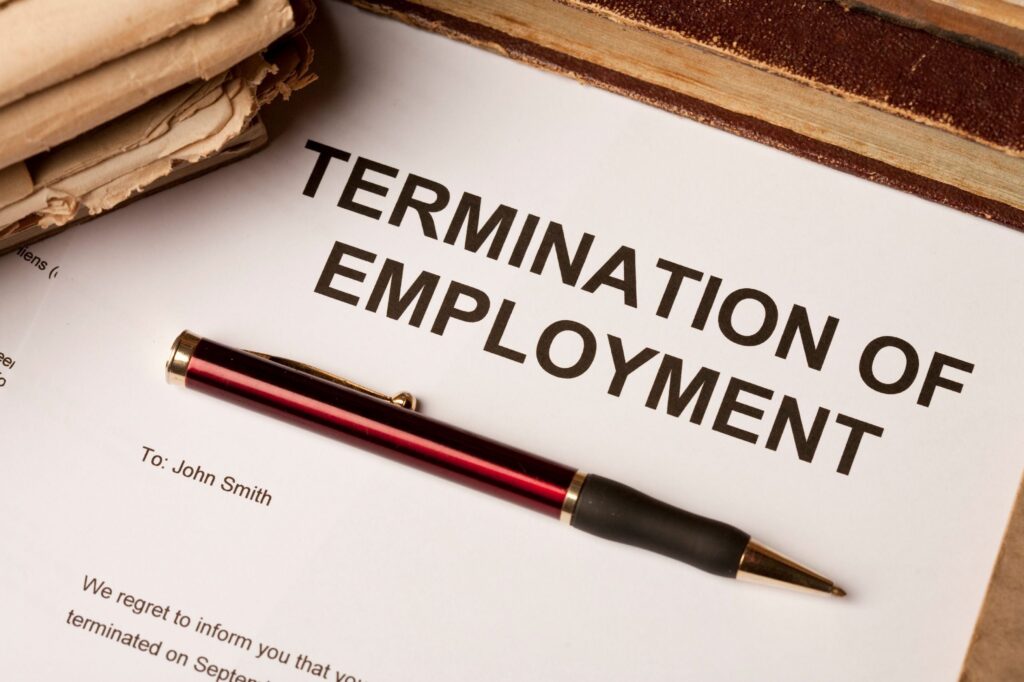Retirement was a much talked about HR topic in 2017 so it not surprising that the Workplace Relations Commission (WRC) have published a Code of Practice on Retirement.
Codes of Practice are in place to set out written rules which define how persons or bodies must act in given situations. The Retirement Code of Practice sets out best practice on how to deal with the issue of retirement.
It addresses the “standard process for engagement between employers and employees in the run-up to retirement and responding to requests to work beyond the company retirement age.”
The Code sets out best practice over the following headings:
- Utilising the skills and experience of older workers.
- Objective justification of retirement.
- Standard retirement arrangements.
- Requests to work longer.
In Ireland, there is no standard retirement age in the public sector. Where an employer has an objective justification they can incorporate retirement ages into their company policies. The code sets out that retirement ages are generally set out by means of;
(a) an express term in the employee’s contract of employment;
(b) an implied term in the employee’s contract of employment;
(c) relevant policies, for example, a staff handbook; and
(d) custom and practice generally arising from the pension date set out in the relevant occupational pension scheme
If no retirement age exists in company contracts, handbooks or pension documentation the only way one can exist is through custom and practice, for example, if the company has consistently enforced retired at a particular age for a legitimate reason.
Objective justification of retirement
The question ‘what is an objective justification?’ arose time and time again since the enactment of the Employment Equality (Miscellaneous Provision) Act 2015. The Employment Equality Acts prohibit discrimination on nine grounds, age, being one of the nine. Therefore an employer who forced retirement on an employee could be exposed to an equality claim on the grounds of age.
The Employment Equality (Miscellaneous Provision) Act 2015 set out that an employer could implement set retirement ages if;
- it is objectively and reasonably justified by a legitimate aim, and
- the means of achieving that aim are appropriate and necessary
Case law over the last 18 months provided employers and HR professionals with examples of what the WRC deemed to be an objective justification. The code of the practice has also provided examples of what constitutes a legitimate aim by an employer;
- Intergenerational fairness (allowing younger workers to progress);
- Motivation and dynamism through the increased prospect of promotion;
- Health and Safety (generally in more safety-critical occupations);
- Creation of a balanced age structure in the workforce;
- Personal and professional dignity (avoiding capability issues with older employees); or
- Succession planning.
The retirement process
The Code also sets out that is best practice to notify an employee of your intention to retire them a minimum of 6-12 months before the date of retirement. Written notification should be given initially and the employer should also meet with the employee to discuss the matter face to face.
Requests to work longer
Careful consideration should be given to requests from employees to work beyond the company retirement age. The following five points should be adhered to by both employers and employees;
- The employee should make such a request in writing no less than three months from the intended retirement date to be followed up with a meeting between the employer and employee. This meeting gives both the employee an opportunity to advance the case and allowing the employer to consider it. It is important that the employee is listened to and that any decision made is on fair and objective grounds.
- The employer’s decision should be communicated to the employee as early as practicable following the meeting.
- Should the decision be to offer a fixed-term contract post-retirement age, the period should be specified, setting out the timeframe, and the legal grounds underpinning the new contract should be made clear (i.e. fixed-term contract). It is good practice to include a reference that the decision is made solely having regard to the case being made by the employee and does not apply universally.
- Where the decision is to refuse the request, the grounds for the decision should be set out and communicated in a meeting with the employee. This will help the employee to understand why the request has not been granted, and give the employee confidence that his/her case has been given serious consideration and that there are good grounds for refusing the request. The applicant should have recourse to an appeals mechanism, for example through the normal established grievance procedures in the organisation.
- An employee may be accompanied to a meeting by a work colleague or union representative to discuss a request to the employer to facilitate working longer and in any appeals process around same.
When employers are faced with a retirement situation it’s important they refer to the Code of Practice when making a decision. If the minimum standards outlined in the code are not adhered to, the company could be exposed to litigation.
If you have any questions in relation to retirement please contact the advice line on 01 886 0350.








